Template to Request a Letter of Recommendation
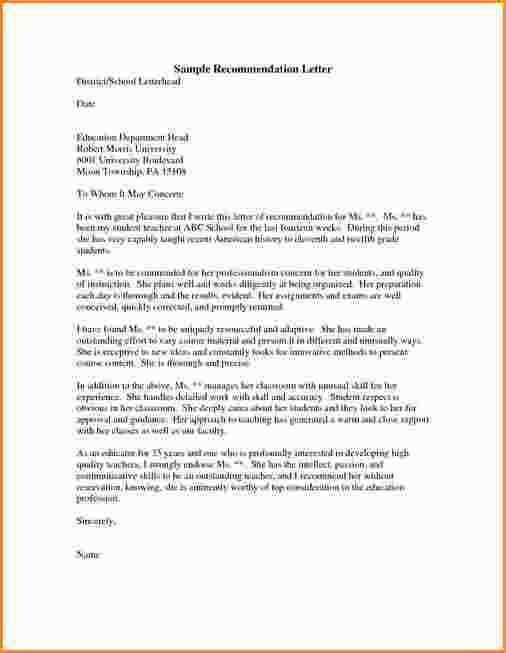
When seeking opportunities such as a new job or further studies, a strong endorsement from someone who knows your abilities well can significantly impact your success. Knowing how to ask for this kind of backing is essential in ensuring you get a positive response. A well-crafted approach can make the process smoother and more effective, allowing you to stand out to potential employers or educational institutions.
In this guide, we will walk through the important aspects of making a formal inquiry for an endorsement. The right way to phrase your request, the timing, and how to convey your gratitude can make all the difference in securing the support you need. This isn’t just about asking–it’s about doing so in a manner that’s respectful, clear, and professional.
By following the steps outlined here, you will gain insights into crafting a compelling message that highlights your qualifications and strengthens your position. It’s all about communicating your needs thoughtfully and persuasively, ensuring the person you’re reaching out to feels confident and motivated to lend their support.
Why You Need a Letter of Recommendation
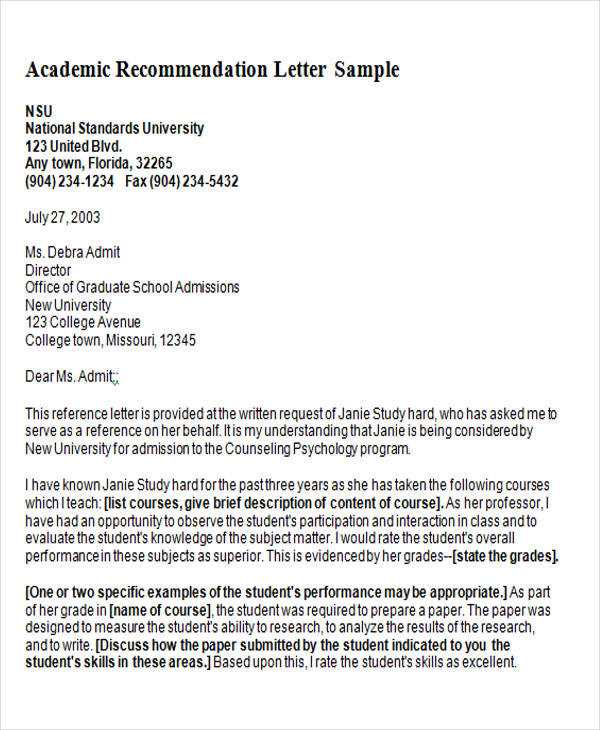
In today’s competitive environment, having a trusted individual speak to your skills, experience, and character can significantly strengthen your application, whether it’s for a job, school, or another opportunity. These personal endorsements offer a credible and third-party perspective on your abilities, making you a more appealing candidate in the eyes of decision-makers.
An effective endorsement provides a level of reassurance that a resume or personal statement simply cannot. It showcases your strengths through the eyes of someone who has observed your work firsthand, allowing potential employers or institutions to see beyond your written qualifications. This added validation can set you apart from other candidates who may not have the same level of backing.
Moreover, such endorsements often reflect qualities that might not be immediately evident from your application materials, such as your dedication, interpersonal skills, or ability to overcome challenges. These aspects can play a crucial role in tipping the scale in your favor during the selection process.
How to Craft a Request for a Recommendation
When seeking support from someone who can vouch for your abilities and qualifications, it’s essential to approach the matter with clarity and respect. A well-crafted message can make the difference between getting a positive response or being left without the support you need. Knowing how to structure your appeal ensures you present yourself in a professional light while making it easy for the person to say yes.
Be Clear About Your Intentions
Start by explaining the purpose of your request. Be specific about the opportunity you’re pursuing and why you believe their endorsement would be valuable. Clearly state the deadline or any time constraints, as this will help the individual understand the urgency and decide if they can accommodate your request. The more transparent you are, the more likely you’ll receive a prompt and positive reply.
Provide Relevant Information
To make it easier for the person to write an informed endorsement, provide them with relevant details about your background. This could include your achievements, experiences, and skills that are particularly relevant to the opportunity you’re seeking. Offering a list of points they can cover, or suggesting specific examples of your work together, can help them write a compelling and personalized statement.
Key Elements of a Strong Recommendation Request
When reaching out to someone for an endorsement, it’s crucial to include certain key components that will make your appeal compelling and easy to respond to. A thoughtful, well-structured approach can help ensure that the person you’re contacting understands what’s needed and feels confident in providing the support you’re seeking. Clear communication and relevant information will make the process more efficient for both parties.
Clear Purpose and Context
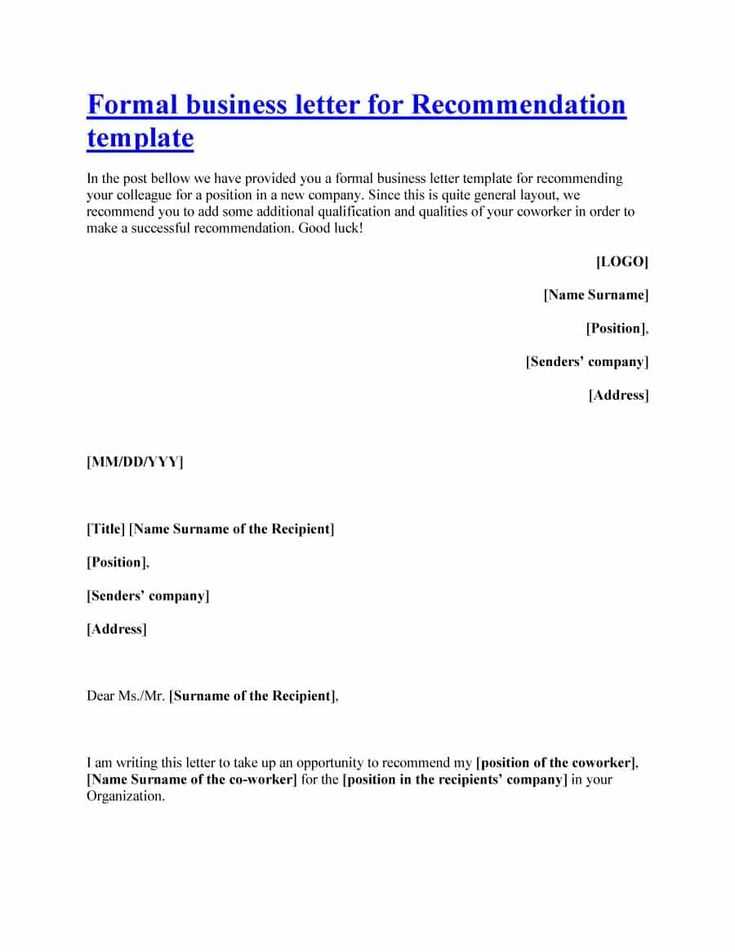
Start by providing context for your appeal. Be clear about why you need the endorsement and what specific opportunity you’re applying for. Whether it’s a job position, an academic program, or a grant, explaining this will help the person understand the importance of their support and how it fits into your overall goals. Including any relevant deadlines or timeframes ensures that they know when to provide the response.
Personalization and Relevance
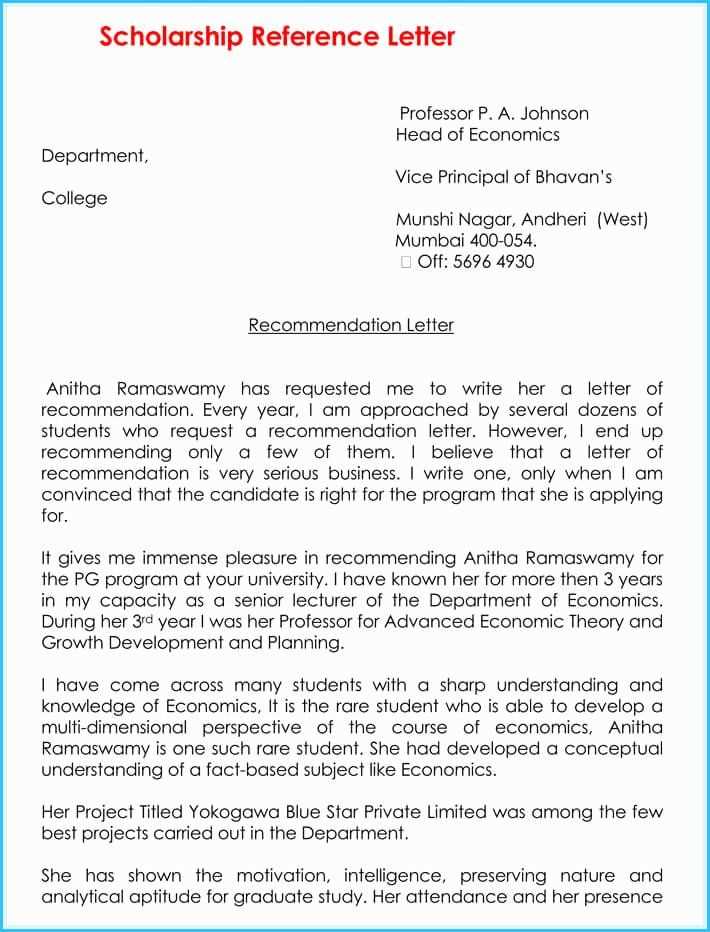
Highlight the specific qualities or experiences that make you a strong candidate for the opportunity. Providing details about the skills and attributes that you’d like the individual to mention can be incredibly helpful. This ensures that the endorsement is not only personalized but also aligns with what the decision-makers are looking for. Mentioning shared experiences or notable accomplishments can further strengthen the appeal.
Tips for Addressing the Right Person
Selecting the right person to support your application is crucial. Choosing someone who is familiar with your abilities and experiences can make the difference between a strong, personalized endorsement and a generic one. It’s important to identify individuals who not only know you well but also have credibility in the field or context you’re applying for.
Consider Professional Relationships
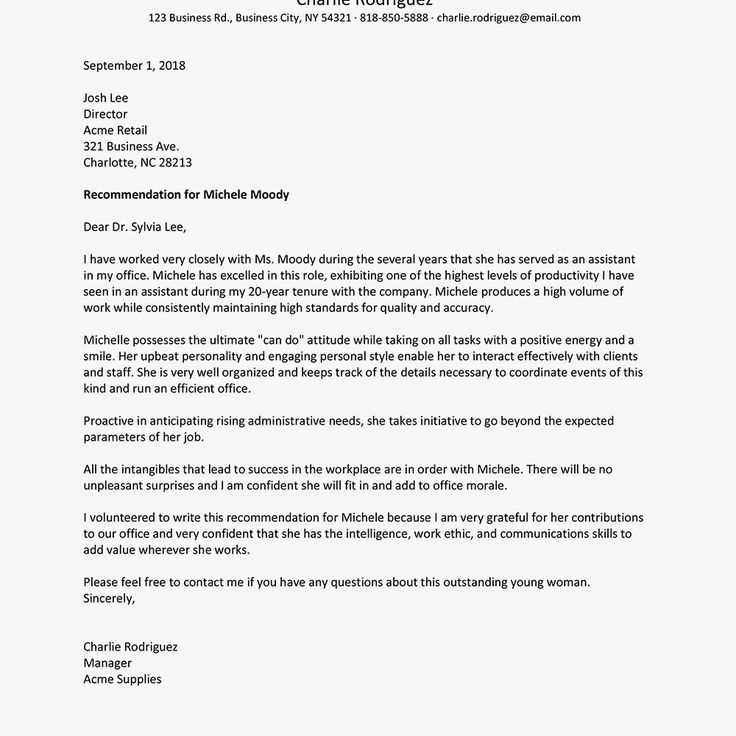
When seeking support, aim for someone whose position or expertise adds weight to their endorsement. This could be a supervisor, professor, or colleague who can speak directly to your skills. Ensure the person has sufficient knowledge of your achievements and can speak confidently about your qualifications.
Be Mindful of Appropriateness
Make sure the individual you approach is comfortable writing a positive and detailed endorsement for you. If you’re unsure about their willingness or ability to write a strong response, it’s better to find another person. You want someone who can provide specific examples and highlight your strengths effectively.
| Type of Person | Advantages |
|---|---|
| Supervisor | Can speak to your work ethic and achievements in a professional setting |
| Professor | Can provide insights into your academic abilities and intellectual potential |
| Colleague | Can highlight your teamwork, collaboration, and problem-solving skills |
| Mentor | Can speak to your personal growth, character, and long-term potential |
Common Mistakes to Avoid in Requests
When seeking support from someone, it’s easy to overlook certain details that can affect the outcome of your appeal. Avoiding common errors in your communication can help ensure a more favorable and timely response. Making a mistake, even unintentionally, can cause delays or lead to a less impactful endorsement. By understanding these missteps, you can craft a more effective and respectful approach.
Being Vague or Unclear
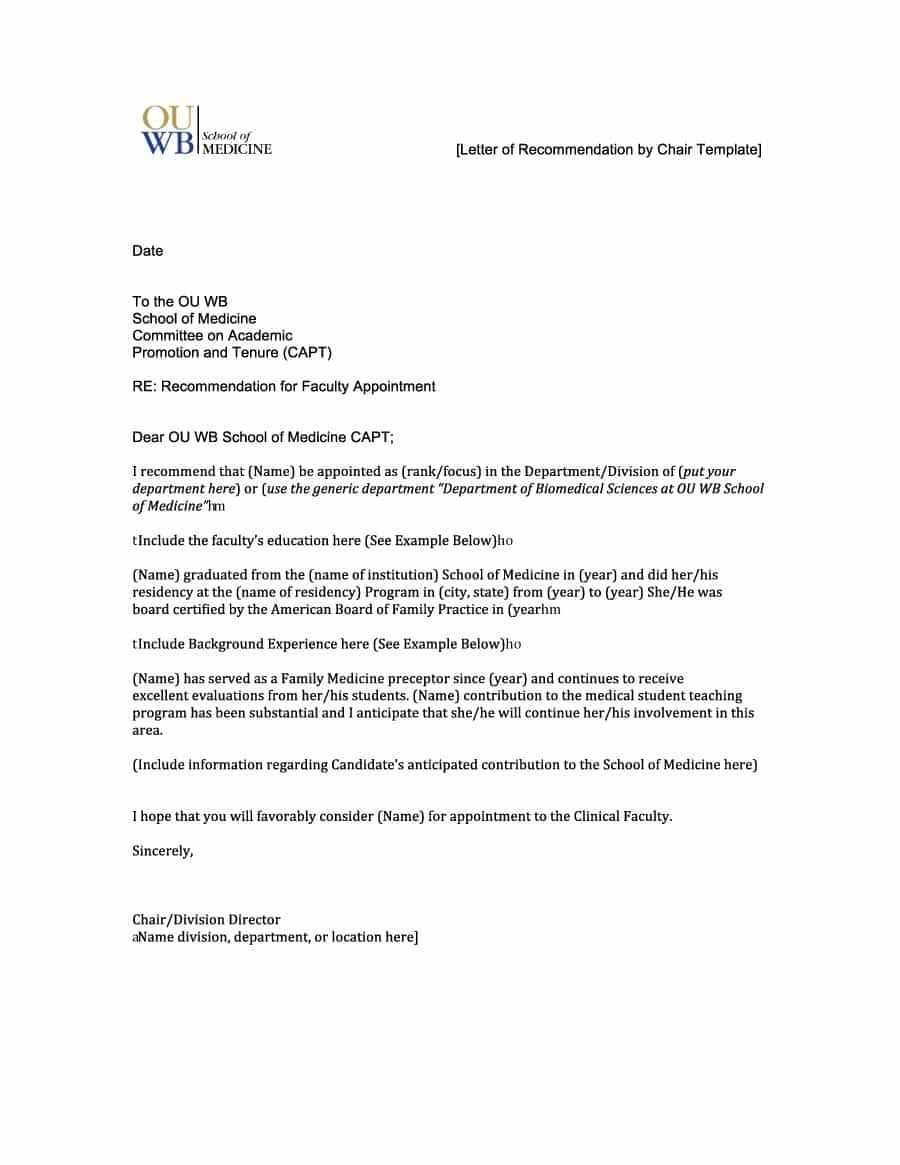
One of the most common mistakes is not providing enough context or being unclear about your needs. Ambiguity can confuse the person you’re reaching out to, making them hesitant to commit to writing an endorsement. Always specify what the endorsement is for and what key qualities you’d like them to highlight.
- Do: Clearly state the purpose of your appeal.
- Don’t: Leave out important details, like deadlines or specific requirements.
Asking Too Late
Another mistake is waiting until the last minute to approach someone for support. This not only increases the pressure on them but also reduces the chances of receiving a thoughtful, detailed response. Aim to ask well in advance, giving the individual plenty of time to craft a strong endorsement.
- Do: Give enough time for the person to write a detailed response.
- Don’t: Wait until the final days before a deadline.
How to Follow Up on Your Request
After reaching out to someone for an endorsement, it’s important to follow up in a polite and professional manner. A well-timed follow-up can remind the person of your request without being pushy. Knowing the right way to approach this will ensure that you maintain a positive relationship while also securing the support you need.
It’s essential to give the individual some time to respond before reaching out again. A respectful follow-up should acknowledge their busy schedule and express appreciation for their willingness to help. This not only keeps the process moving forward but also reinforces your gratitude.
When sending a follow-up, make sure it is clear and concise. Restate your original request briefly and provide any new information that might help. Avoid being too demanding or impatient; instead, show understanding and professionalism. Offering assistance, such as providing a draft or more details, can also make the task easier for them.